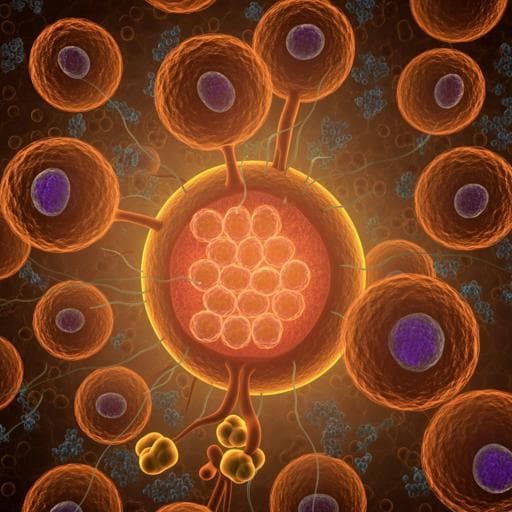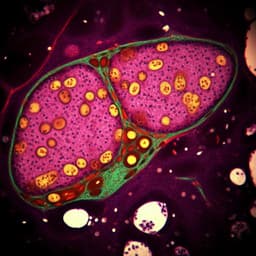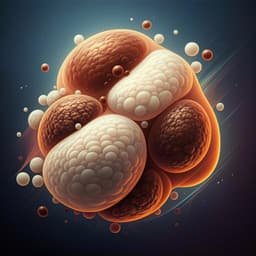
Medicine and Health
Pyruvate dehydrogenase kinase 1 and 2 deficiency reduces high-fat diet-induced hypertrophic obesity and inhibits the differentiation of preadipocytes into mature adipocytes
H. Kang, B. Min, et al.
This groundbreaking research reveals the critical role of pyruvate dehydrogenase kinases (PDK1/2) in diet-induced obesity. Mice deficient in PDK2 exhibited remarkable resistance to obesity, showcasing reduced fat accumulation and enhanced insulin sensitivity. The study, conducted by notable researchers including Hyeon-Ji Kang and Byong-Keol Min, uncovers novel regulatory mechanisms of adipogenesis linked to HIF1α and lactate production, offering fresh insights into obesity management.
Related Publications
Explore these studies to deepen your understanding of the subject.







